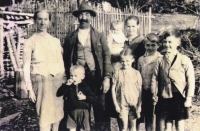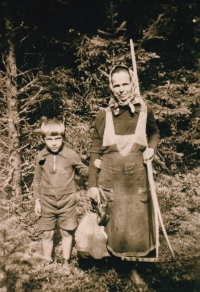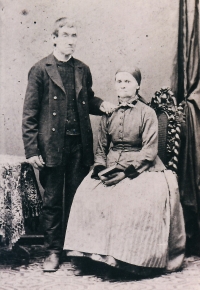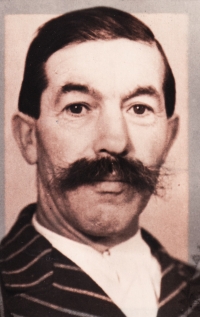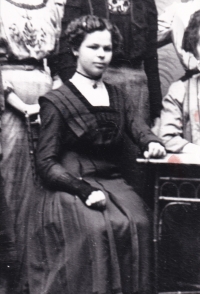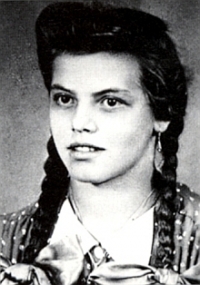My childhood was beautiful. What followed was something I’d wish on nobody
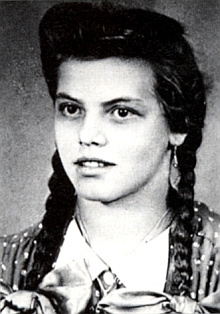
Download image
Maria Mayer, née Greiner, was born on 24 April 1935 in Špičák na Šumavě. Her parents, Johann and Maria (née Kuchler) were both from Špičák. The very poor German family lived in a homestead at the base of mount Pancíř, an hour from Železná Ruda. They had a small farm and the children worked with their mother on the fields and in the woods. They had no running water, just a well, no electricity, just a kerosene lamp. Her mother knitted every evening and sang with her father and the children. It was a poor, but beautiful childhood. On 20 April 1945, on Hitler’s birthday and just before the end of the war, they saw the bombing of Železná Ruda. The shock wave broke the windows of the cottage and sent Maria and her four-year-old sister flying two metres away. After the war the children liked to play in the woods with abandoned guns and ammunition, which were later subject to searches. Two of the older brothers were investigated for that reason, and on pain of death they uncovered the hiding place of the weapons. The whole family was expelled on 17 June 1946. First they spent a month at the camp in Alžbětín, followed by two weeks in Augsburg while eventually settling in Swabia. Because they had no money, Maria could not get training and so initially worked as a general servant in the village and at the farm, later at the butcher’s. At the age of twenty she married, had three children and she and her husband gradually furnished themselves a nice household. The expelled family were provided with farmland and a house in a former military zone, with low payments. Maria returned to her homeland for the first time in 1965. Since the borders opened she has been coming back regularly. She had the chapel repaired, as well as the gravestones of her grandparents from both families. The house of her birth “Cold Spring House” was demolished, with only the fruit trees and bubbling stream remaining.


